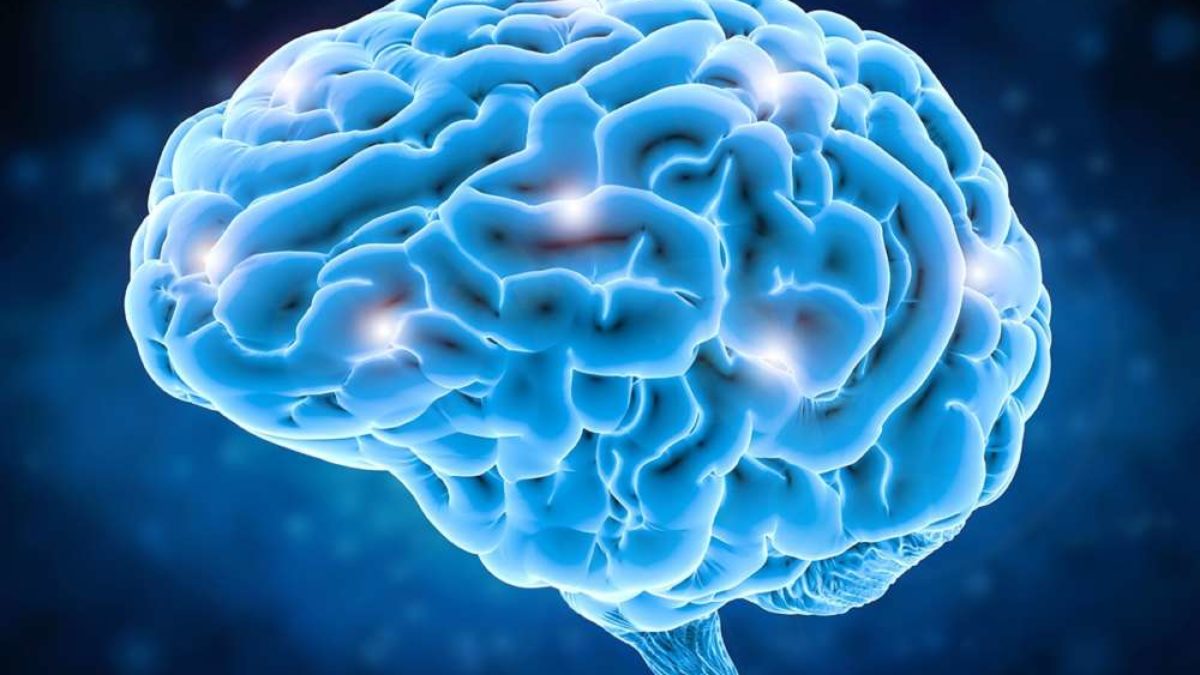

Dementia is one of the dreaded conditions of old age because it leads the elderly person to be unable to take care of themselves on day-to-day basis, and thus need for employing a nurse / attendant to take care of them or even sending them to old-age hospital. This is a real problem in real life which has affected even famous personalities like Charles Heston (Ben Hur, Ten Commandments), David Browse (original Darth Vader of Star Trek), Sugar Ray Robinson (5 time world boxing champion), and Queen Juliana of Netherlands, US President Ronald Reagan suffered from Alzheimer ’s disease (a type of dementia). Closer home actor late Dilip Kumar was known to have been afflicted by dementia. The prevalence of dementia is close to 5% in the population over 65 years of age and increases sharply with age. So with expected shift in population demographics (increasing older population because of increasing life-expectancy), the incidence and prevalence of dementia are expected to increase dramatically over the coming decades. By 2040, vast majority of new cases are expected to appear in developing countries; India is expected will increase by 300% by this period. Prevention and management of dementia is therefore a major public health challenge in the majority of countries around the world.
While increasing age, lower education, and the ApoE polymorphism has been strongly co-related with development of dementia link between high blood pressure and dementia has recently emerged. Hypertension is a known risk factor for stroke, and thus an important risk factor for subsequent dementia. However, recent studies have suggested that high BP pressure may also play a role even without preceding stroke; Alzheimer’s disease. A recent meta-analysis of all these diseases also found that midlife even mild systolic hypertension is associated with increased risk of Alzheimer’s disease, the more severe hypertension, more likely the chance of Alzheimer’s disease (stage 1& stage 2 systolic hypertension – 18 & 25%, respectively). The link between dementia and high BP was revealed even in an earlier report which found that older people with high BP were more likely to have biomarkers of Alzheimer’s in their spinal fluid. Another study found that the more blood pressure varied over an eight-year period, the greater the risk of dementia.
What is the reason for this link?
There is a clear pathogenetic pathway from hypertension to 46 vascular dementia, involving atherosclerosis and arteriolosclerosis with stroke and cerebral ischemia leading to decline in cognitive function. However, link between high BP and dementia due to Alzheimer’s disease has only been found recently. High BP can damage small blood vessels in the brain, affecting parts of the brain responsible for thinking and memory. In addition high blood pressure may also lead to direct neuro-degeneration which might worsen this dementia.
Can controlling blood pressure through medication also lower Alzheimer’s disease?
The question is can taking a cheap drug in mid-life reduce risk of dementia (Alzheimer’s disease) in later life? In view of link between hypertension and Alzheimer disease it is quite likely that assertive control of systolic hypertension starting in midlife may be important in preventing Alzheimer’s disease. A recent research has shown that those who control their blood pressure (BP) earlier in life are half as likely to develop Alzheimer’s as those who didn’t. Going further, a Johns Hopkins report published in the journal Neurology confirmed that the use of some types of anti-hypertensive agents (potassium-sparing diuretics) reduced the risk of Alzheimer’s nearly 75 percent, while people who took other type of antihypertensive medication lowered their risk by about a third.
Conclusions
There is no doubt that high blood pressure is associated with cognitive deterioration and dementia, as a consequence of developing stroke but even independently of the occurrence of a stroke. While it is quite clear that uncontrolled high blood pressure in middle age can contribute to development of dementia in later life and also adequate control of blood pressure can bring down the risk, it is still unclear whether any particular type of anti-hypertensive drug is more useful; some studies suggesting value of potassium sparing diuretics, but only future larger studies will resolve this controversy.
Recent Posts
Experts Warn of Global Threat from Chronic Wasting Disease
Chronic Wasting Disease (CWD) is a highly contagious and fatal neurological disorder that affects deer,…
CDC Reschedules Vaccine Advisory Meeting to April 15-16
The Centers for Disease Control and Prevention (CDC) has announced a rescheduling of its vaccine…
India’s Specialty Chemicals Rebound, Pharma Exports Surge
India’s specialty chemicals industry and pharmaceutical exports continue to showcase resilience amid global uncertainties. As…
Gut Bacteria: The Hidden Key to Human Brain Evolution
The evolution of the human brain is one of the most fascinating topics in science.…
Obesity and Sleep Apnea: Warning Signs and Prevention Tips
Sleep apnea is a common yet serious sleep disorder that affects millions of people worldwide.…
Harmful Bacteria in the Human Body: Risks and Prevention
The human body is home to trillions of bacteria, many of which are beneficial for…


